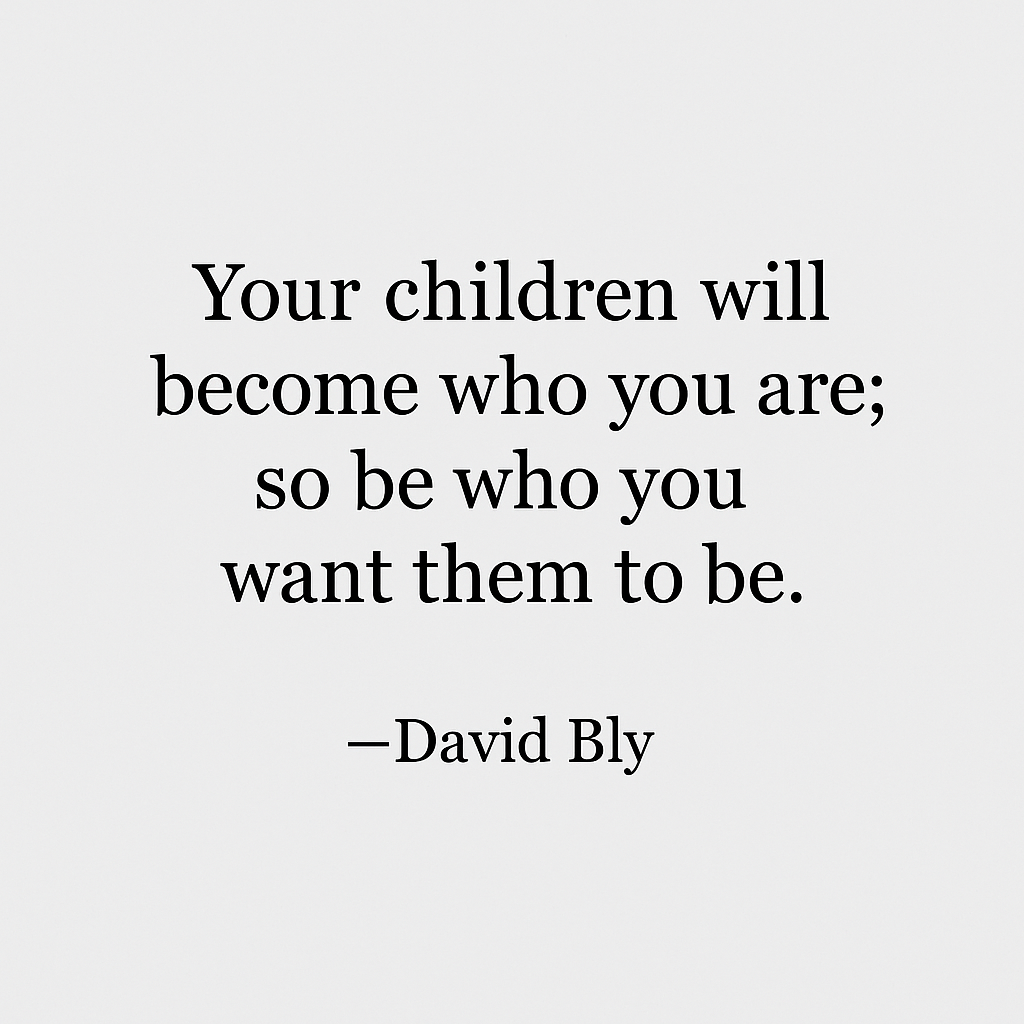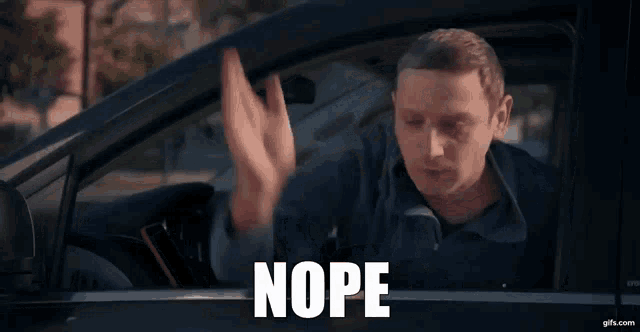
As you all know, I’ve loved the sport of basketball since I was a kid.
Growing up in Canada, it was almost sacrilegious not to play hockey. Although I played from the ages of 5 to 10, I was never particularly good at it. The overly competitive nature of the sport—and the intensity from some hockey parents—limited my playing time.
One night, after a tournament, I endured a merciless two-hour car ride home while my teammates relentlessly teased me for being overweight. I told my mom that night I didn’t want to play hockey anymore. She let me quit—but not before taking her 5’0″ frame and yelling at the other parents in the car for standing by silently while I was clearly being hurt. That ride still sticks with me—both in a good and bad way.
Since then, I’ve struggled with my weight and my perception of it. But I also carry the powerful memory of how much my mom loved me, and how fiercely she would stand up for her kids. She has always been my biggest cheerleader.
Fast-forward a season or two, and I started playing basketball. Even though I was still quite heavy, I hit an early growth spurt. At that age, simply being tall gave me a real advantage. As I continued to play, I developed both competence and confidence in the sport. It was almost funny—just a few years after quitting hockey, I was over six feet tall and much slimmer. Several community coaches began asking me to come back and try hockey again.

I became more competitive in basketball and wanted to practice as much as possible. During Canadian summers, the school gyms were closed, but you could play outside. Living in northern(ish) Canada, we had daylight until 9, 10, sometimes even 11 PM. I’d play until I couldn’t see the rim anymore.
I loved playing at the park, but I remember begging my dad for our own backboard and rim so I could practice at home. He was never really into sports, but he knew how much it meant to me—so he said yes.
That said, since he wasn’t a sports guy, when I asked for a proper backboard and rim, he bought a rim and mounted it to a piece of green wood that was… well, a quadrilateral—but definitely not a rectangle or square.
He hung it above the garage—at a bit of a slant—and you could really only shoot from one side of the driveway because the rim was angled up on the other.
I was both embarrassed and proud of that rim. It was like having your own quirky home golf course—where only you knew the right angles and shots. It gave me a decisive advantage over any friends who came to play. It looked like a monstrosity, but my dad built it because he knew it mattered. And it did matter.
Growing up as a “restaurant kid,” I saw firsthand how hard my parents worked. They ran a restaurant seven days a week. My dad would leave at 7:30 AM to serve breakfast, work through lunch, nap in his office, and stay through dinner until 9:30 or 10 PM—nearly every single day. My mom would usually get home a bit earlier. Anytime I feel like complaining about working hard, I think about what they did to give us opportunities they never had.
In the summer, I’d stay outside and play for hours—not just to practice, but because every now and then, my dad would come home while it was still light out and ask if he could take a few shots with me.
He was strong, but not athletic. He’d grab the ball in his giant hands, shoot a couple of “granny shots,” and when they went in, it was like he hit a home run to win the World Series. He was my hero—and getting to play a sport with your hero is a big deal.
I remember every single time he played with me. There were many—but still not enough.
Why am I writing this? I kind of know, and kind of don’t.
I wanted more time with my dad. And although he passed over a decade ago, it still hurts that he’s not here now. I’ve always struggled with the fact that because he worked so hard, those little moments—shooting hoops in the driveway—were few and far between. Maybe that’s why I appreciated them so much.
But I also understand why he worked so hard. A major part of it was to ensure his kids had more opportunities than he did at the same age. While I was playing basketball in high school, my dad was serving in the Greek military. He and my mom took a huge risk moving to Canada—where they met—because they wanted a better life for themselves, and even more for their future family.
The other part of it is that my dad loved what he did. He was in his element in the back of a restaurant. And although I often saw him frustrated, it came from a deep desire to get everything just right for those he served. I recently got a message from someone in my hometown—someone I’d never even met—asking if I had any idea how my dad made his Greek ribs because he still craves them to this day.
And this is the struggle of parenting.
You want to do everything for your kids and create as many of those “granny shot” moments as possible—because you know how much they matter. But you also want your children to have a better life than you did. At the same time, you still want to leave an imprint on the world beyond your own family. You want to have your own “Greek ribs” legacy for those you serve.
It’s an incredibly delicate—and deeply purposeful—balance to try and find.
The other day, my daughter Kallea said to me, “You are the best dad ever!” I told her how much I appreciated her saying that. Then I said, “I hope that you’ll be an even better parent to your kids than I am to you.” She looked confused. I explained that it’s essential for her to learn from what she loved about me, but also to improve on what I could have done better. A great parent wants their children to be better in all facets of life—including parenting.
I honestly don’t know where this is all going, but it’s been on my mind—a sense of gratitude for the moments I had with my parents, an awareness of the sacrifices they made to give us opportunities, and a reminder to create more “granny shot” moments with my own kids.
The best present you can give your children is your presence.
What seems like an insignificant moment to you may become something they write about—decades later, from a Starbucks, with a full heart and misty eyes.
Thank you for sharing this! As a parent and a district administrator, I often feel the pull of where I am needed. I’ve been consciously trying to be home and present more – was even my son’s basketball coach this season for the first time and it was so much fun! I appreciate your insights.
I appreciated the fact that the post made me look back and remember those special moments in my own life. The post also reminded me of the truth of being present in the moments I have been given, not only with my own family and friends, but also in all my professional interactions. Thank you for this week’s post!
One important thing, though, you forgot to share your dad’s famous Greek rib recipe! Please share!
Appreciate you, sir.